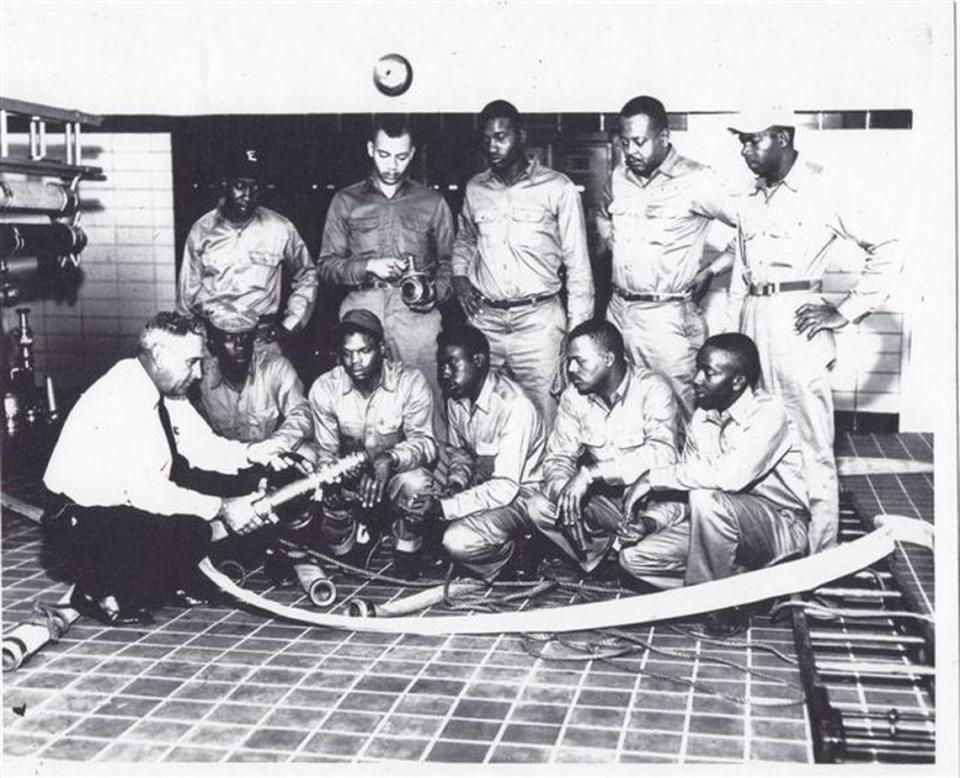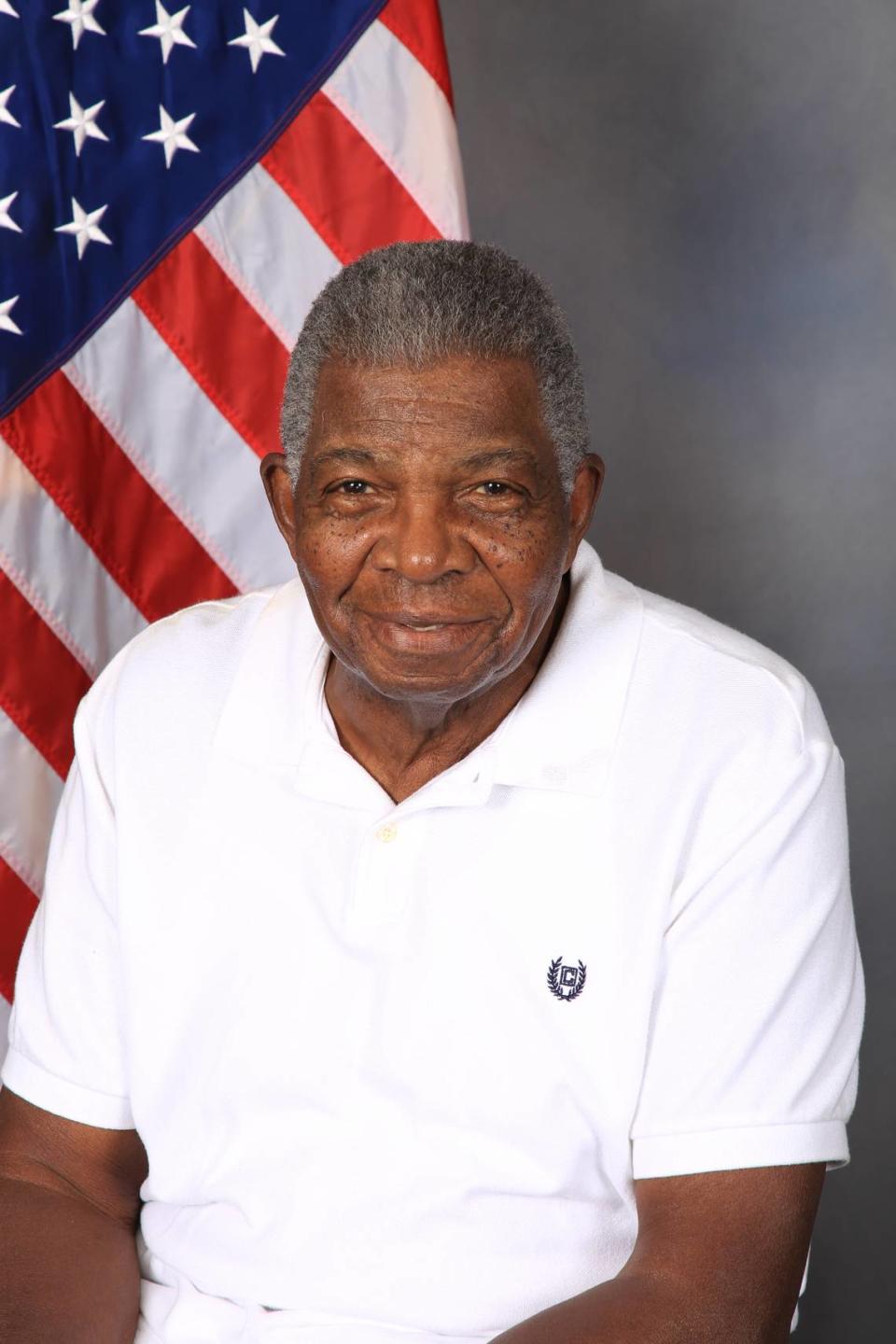George King, who battled fires and racism as one of ‘Durham 10’ Black firefighters, dies
George King — who endured prejudice, taunting and no chance for advancement as one of Durham’s first Black firefighters, then rose to be the city’s fire marshal and assistant chief over a long and celebrated career — has died at 88.
As one of the “Durham 10,” King took a job in 1958 manning the city’s No. 4 station in Hayti, a mostly Black neighborhood where residents felt their emergencies didn’t merit the same speedy response as a white family’s fire.
When King heard the news that Durham’s department would bow to pressure and hire its first Black firefighters, he was sitting in a Sunday church pew, fresh out of the Air Force.
‘I needed a job’
“I started praying,” he told The N&O in 1993. “The reason was simple. I was a newlywed, I had a child on the way, and I needed a job.”
The men who trained as the “Durham 10” managed training more rigorous than their white colleagues had completed.
“Our final test was to climb a ladder that was 100 feet high and stood straight up,” recalled Velton Thompson, one of King’s colleagues, upon his retirement. “An acrobat wouldn’t do that. Then we had to step over the top of the ladder and come down the other side. It was designed to discourage us.”

But King recalled being able to shrug off the slurs, and other members of the “Durham 10” managed their demanding jobs while white firefighters short-sheeted their beds, sprinkled salt and sand in their bedding and timed their meals so they wouldn’t have to share a table.
“What bothered me so much, simply, was that I couldn’t get promoted,” King told The N&O. “Nobody could in our company.”
‘You had to eat a lot of smoke’
Near the end of his 35 years with the department, King recalled having to fight fires in his street clothes during the day, using boots and fire pants only when awakened at night. They had no air tanks or breathing equipment.
“To be respected among your peers,” he told The Herald-Sun in 1993, “you had to eat a lot of smoke.”

King recalled freezing nights when his toes would go numb inside his wet socks. Over his career, he would see dozens of children die or their parents blown off their porches by explosions. Only months before he retired, he investigated a blaze started by a 4-year-old boy playing with a cigarette lighter, triggering a fire that killed his grandmother and 2-year-old brother.
Men of the “Durham 10” worked closely enough to finish each other’s sentences and laugh before the punch lines of each other’s jokes. Then in 1969, 11 years after their hiring, Durham integrated its fire department and split them up.
‘A brotherhood among the 10’
And as he rose to assistant chief, King still answered to a familiar face: Chief Nathaniel Thompson, another veteran of the “Durham 10.”
“We had a brotherhood among the 10 that was unbreakable,” King said at his retirement. “Being a minority coming into a predominantly white organization was very difficult. That’s what’s been so gratifying … that in 1958 there were no black firefighters and today as I retire the chief is a Black man and one of the original 10.”
Of those 10, King was one of two surviving members.
His funeral will be held at 10 a.m. Saturday at United Holy Church of America in Goldsboro.

